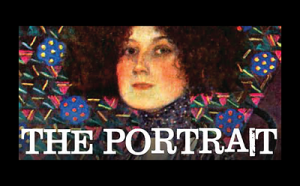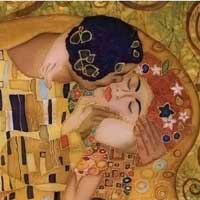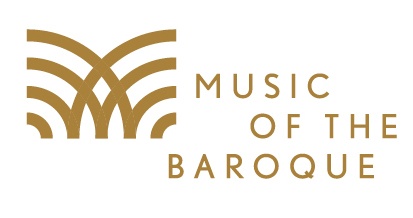
[rating=2]
 The Premise: A solo performance, presented at Lincoln Park’s Greenhouse Theater, centers on Austrian painter, Gustav Klimt, creator of the 1907 masterpiece, The Kiss. Klimt straddled the line between traditional portraiture and modernism, and often chose women as the subjects of his paintings. Writer/director Susan Padveen’s notes begin, “Klimt clearly loved women…he did not love perfect women, he did not love thin women or fat women. He treasured them all” and end with “he let his work speak for itself and for himself. In this era of endless selfies…I feel I can learn from that.”
The Premise: A solo performance, presented at Lincoln Park’s Greenhouse Theater, centers on Austrian painter, Gustav Klimt, creator of the 1907 masterpiece, The Kiss. Klimt straddled the line between traditional portraiture and modernism, and often chose women as the subjects of his paintings. Writer/director Susan Padveen’s notes begin, “Klimt clearly loved women…he did not love perfect women, he did not love thin women or fat women. He treasured them all” and end with “he let his work speak for itself and for himself. In this era of endless selfies…I feel I can learn from that.”
The Play: The bulk of the play is a direct address to the audience, through the surrogate of a wealthy bride-to-be interviewing Klimt for a possible portrait. Klimt entertains her, makes passes at her, offers her food from his pocket, in an increasingly desperate attempt to win the commission. Interspersed throughout are jarring, repetitive letters he writes to Amelia, true love of his life, off in Paris, who asks of him the one thing he cannot give: marriage.
It is ironic that the women in the play are either imaginary or distant. With both women, he shows anger–one masked as insouciance, the other blatant and raw–that neither of these women will give him what he wants: freedom to make love to her, freedom to not marry her, but it reads as freedom to have his cake and eat it too. And as for what the women think? That we are not privy to.
In between unsuccessful attempts to get his current muse naked, Klimt reminisces about his life in biopic-style anecdotes and gives uninspired art history lectures. There are also moments of clowning–an opera bit, some shadow puppets–that feel designed to add some razzle-dazzle but end up distracting.
Ultimately, not much happens by the end of the play. In the beginning, he enters. At the end, he leaves. Everything else stays the same.
The Production: Cameron Pfiffner plays Gustav Klimt and he does an admirable job trying to expose life in a play that does him few favors. Wearing a blue robe and tiny, round sunglasses, he enters his cluttered but charming studio, all earth tones and Art Nouveau flourishes, to the meowing of cats and a song on his lips, and immediately captivates.
“Oh, hello! I didn’t see you there,” he speaks to no one, until we quickly realize that there is supposed to be another person there. It’s a cliché beginning, and while Pfiffner does his very best to keep it lively and engaging, the words work against him.
Klimt is torn between his desire for the woman in front of him and his love for a woman far away. Pfiffner, while always charming, was not able to find a way to build tension in this conflict and as a result, the character never goes anywhere. This is largely due to Padveen’s determination to educate us, as opposed to making something happen, through bland lectures and by-the-book memories that slow the narrative down to a crawl.
The one place Klimt’s work is allowed to display itself, a projection on a textured screen against the back wall, comes across as muted and gauzy, not the colorful, larger-than-life paintings he’s known for. The projections often appear when prompted by something Klimt says, as a way to illuminate what he’s talking about. This literal approach, here and throughout the play, stalls the momentum, teasing us with the brilliance of his work but never giving us the chance to, in the words of Klimt, “look attentively at my pictures and there seek to recognize what I am and what I want.”
“The Portrait” will continue thru August 14th at The Greenhouse Theatre located at 2257 N. Lincoln Ave.
| Wednesdays: | 8:00pm |
| Thursdays: | 8:00pm |
| Fridays: | 8:00pm |
| Saturdays: | 2:30pm & 8:00pm |
| Sundays: | 2:30pm |
Price: $42-$48
Stage: Downstairs Studio
for tickets call the Box Office: 773-404-7336
www.greenhousetheater.org to see what others are saying, visit www.theatreinchicago.com, go to Review Round-Up and click at “The Portrait”.






More Stories
“Dummy in Diaspora”
“The Magic School Bus: Lost in the Solar System”
“February House” reviewed by Julia W. Rath